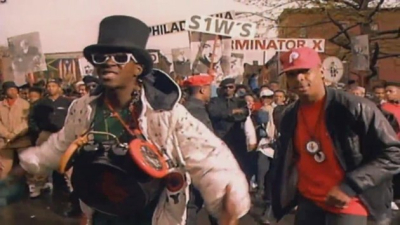1989, the number
In my state-of-new-music essay in this week's issue of The New Yorker, I had originally intended to discuss several recent books on early-twenty-first-century composition. In the end, I chose to concentrate on Tim Rutherford-Johnson's Music After the Fall: Modern Composition and Culture Since 1989. But I'd like to mention various others that have informed my listening and thinking. Jennie Gottschalk's Experimental Music Since 1970 has quickly established itself as an essential text, mapping the vibrancy of experimentalism in the post-Cage age. David Metzer's Musical Modernism at the Turn of the Twenty-first Century focuses on established, quasi-canonical figures like Ferneyhough, Lachenmann, Sciarrino, Kurtág, and Saariaho. In so doing, Metzer vigorously opposes the idea of an endpoint for, or drastic transformation of, the modernist tradition: instead, he sees a network of continuities from the heroic early years to the present. The Cambridge anthology Transformations of Musical Modernism contains Susan McClary's crucial essay "The Lure of the Sublime" and much other work of value. Finally, I was fascinated by Seth Brodsky's study From 1989, or European Music and the Modernist Unconscious, even if its extensive deployment of Lacanian theory went somewhat over my head. Brodsky proposes a Lacanian distinction between "master modernism" and "analytic modernism," which could be aligned with the dividing line between past and present traced in McClary's essay. Brodsky writes: "A master modernism, dominating discourse with its calls for the new, fantasizes the future as its (Real) object. An analytic modernism, dismantling domination through its desire for absolute difference, takes the past as its (split) subject." Still, I find myself most in sympathy with Tim's approach, which avoids getting caught up in categorical debates around modernism and instead strives to address contemporary music very much on its own terms.
While working on the article, I also read or re-read George E. Lewis's indispensable A Power Stronger Than Itself, Benjamin Piekut's Experimentalism Otherwise, Robert Adlington's Composing Dissent, the Ashgate Research Companion to Minimalist and Postminimalist Music, Joshua Clover's 1989: Bob Dylan Didn't Have This to Sing About, and Nate Chinen's just-published Playing Changes: Jazz for the New Century.
Alex Ross's Blog
- Alex Ross's profile
- 425 followers




